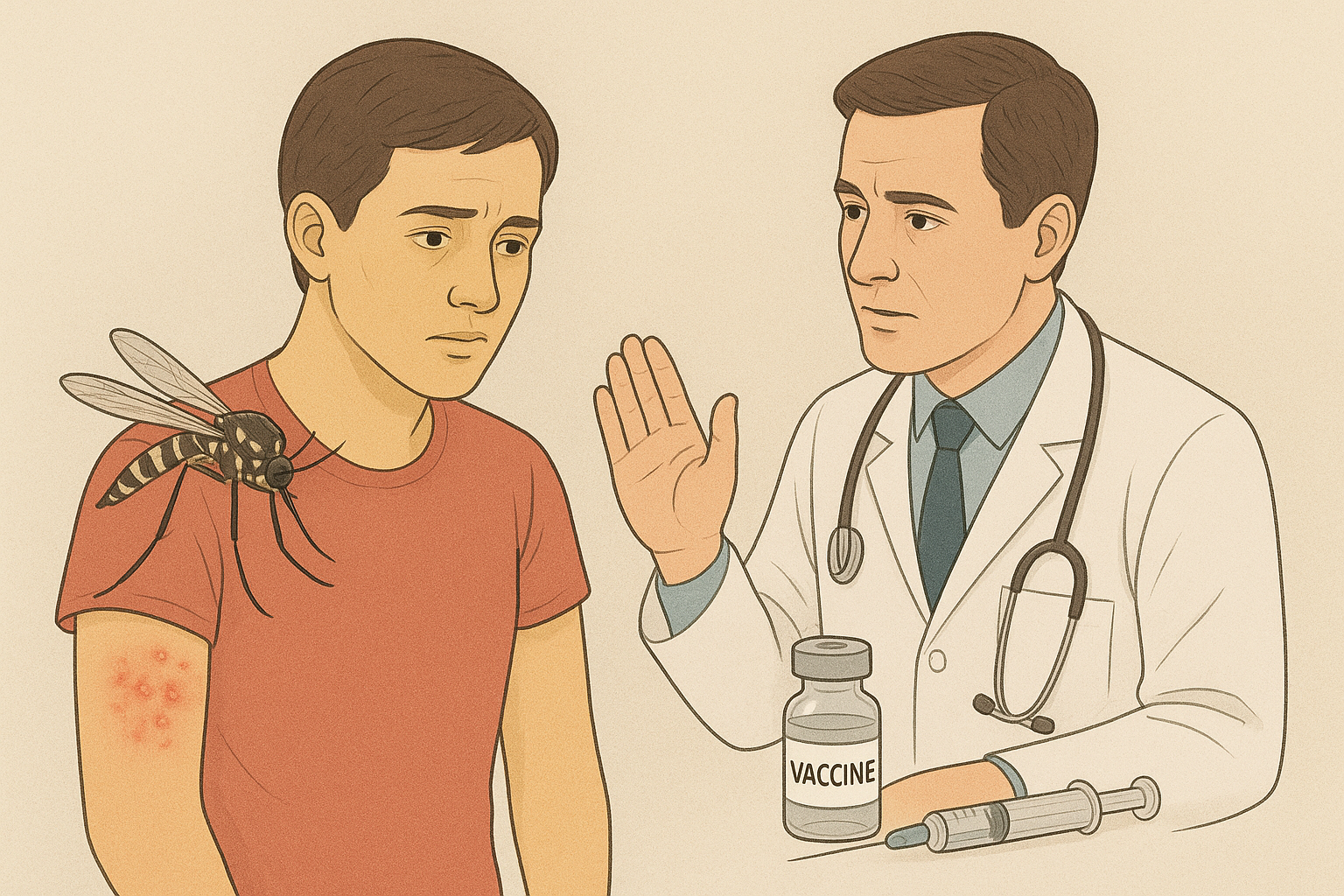Diabetes Mellitus is a chronic metabolic disorder that affects how your body processes glucose (sugar). Millions of people around the world live with diabetes, and its numbers are rising. Understanding this condition is essential for prevention, early diagnosis, and effective management.
🔍 Types of Diabetes Mellitus
- Type 1 Diabetes
This is an autoimmune condition where the immune system attacks insulin-producing cells in the pancreas. It’s usually diagnosed in children or young adults and requires lifelong insulin therapy. - Type 2 Diabetes
The most common type, often linked to obesity, poor diet, and lack of physical activity. The body becomes resistant to insulin, causing high blood sugar levels. It can often be managed with lifestyle changes, oral medications, and sometimes insulin. - Gestational Diabetes
Occurs during pregnancy and usually resolves after childbirth. However, it increases the risk of developing type 2 diabetes later in life. - Prediabetes
A warning stage where blood sugar levels are high but not high enough for a diabetes diagnosis. Lifestyle changes can prevent its progression.
⚠️ Symptoms of Diabetes Mellitus
- Frequent urination (polyuria)
- Excessive thirst (polydipsia)
- Unexplained weight loss
- Fatigue
- Blurred vision
- Slow-healing wounds
- Tingling or numbness in hands/feet
Early detection of symptoms can help in timely management and prevent complications.
🧪 Causes and Risk Factors
- Family history of diabetes
- Sedentary lifestyle
- Obesity
- High blood pressure
- Poor dietary habits
- Age (especially over 45)
- Gestational diabetes history
🩹 Complications of Uncontrolled Diabetes
If not managed properly, diabetes can lead to serious health issues, including:
- Heart disease and stroke
- Kidney failure (diabetic nephropathy)
- Vision loss (diabetic retinopathy)
- Nerve damage (neuropathy)
- Foot ulcers and amputations
🥗 Management and Treatment
Managing diabetes involves a combination of:
- Healthy diet: Focus on whole grains, lean proteins, vegetables, and low-sugar fruits.
- Regular exercise: At least 30 minutes of moderate activity 5 times a week.
- Medication or insulin therapy: As prescribed by your doctor.
- Blood sugar monitoring: Regular checks help manage levels.
- Stress management: High stress can affect blood sugar.
🌿 Can Diabetes Be Prevented?
Type 1 diabetes can’t be prevented, but type 2 diabetes and prediabetes can often be delayed or avoided through:
- Maintaining a healthy weight
- Staying active
- Eating a balanced diet
- Regular checkups and screenings
📌 Final Thoughts
Diabetes Mellitus is a manageable condition with the right awareness, medical support, and lifestyle choices. If you or a loved one are experiencing symptoms, consult a healthcare professional for testing and treatment options.




